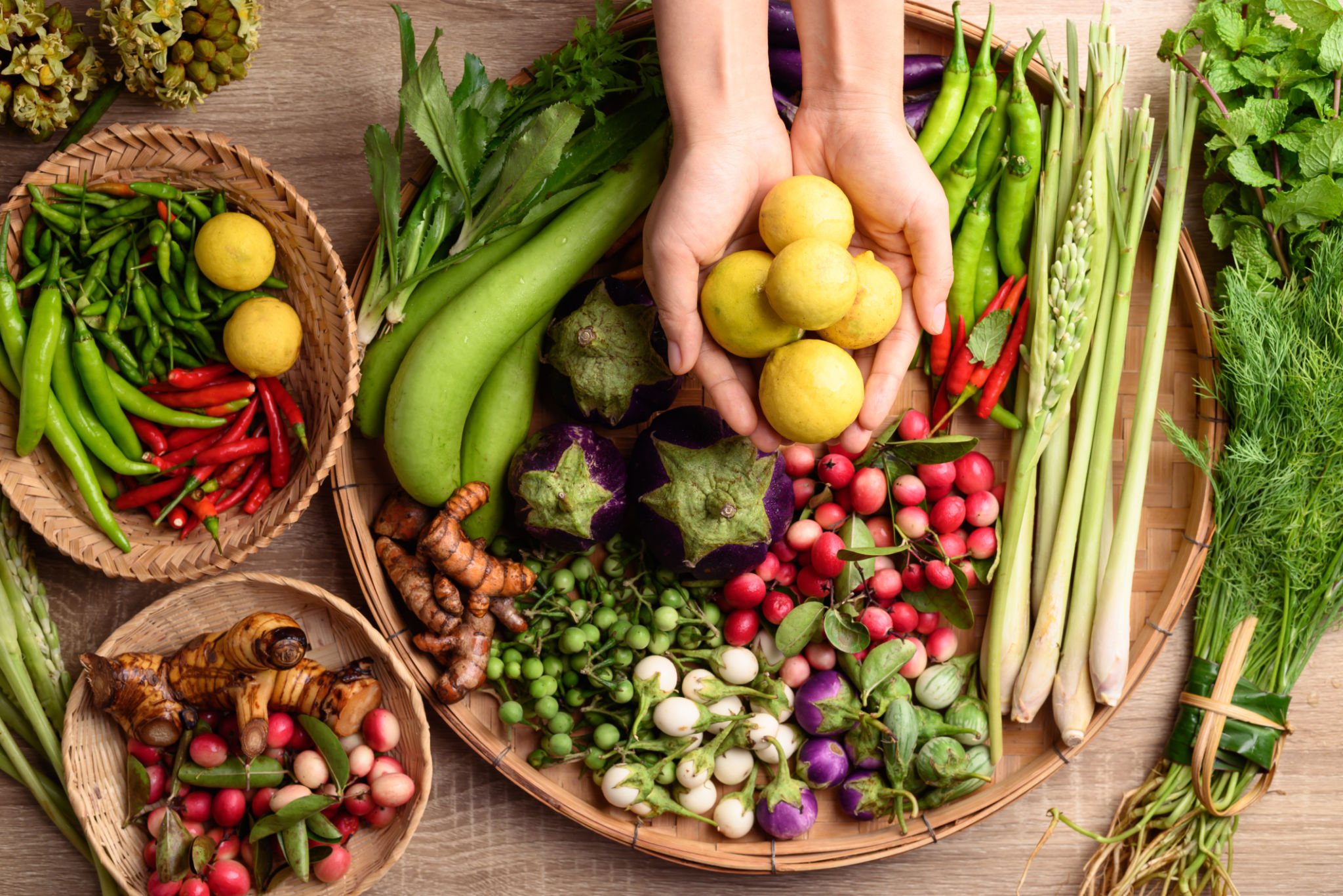Seasonal Nutrition: How to Adapt Your Diet for the Holiday Seasons with Precision
Embracing Seasonal Nutrition
As the holiday seasons approach, our diets often become more indulgent, with festive treats and luxurious meals taking center stage. However, adapting your nutrition to align with the seasons can enhance your health while allowing you to enjoy holiday flavors. By focusing on seasonal produce and mindful eating, you can maintain a balanced diet even during the most food-centric celebrations.

The Importance of Seasonal Produce
Eating seasonal produce is not only beneficial for the environment but also for your health. Fruits and vegetables that are in season are fresher, tastier, and more nutritious. They often require fewer resources to grow and transport, making them a more sustainable choice. During the fall and winter months, focus on root vegetables, squashes, and citrus fruits, which are abundant and packed with nutrients.
Incorporating these seasonal foods into your diet can provide a boost in vitamins and antioxidants. For instance, winter squashes are rich in vitamin A, while citrus fruits offer a healthy dose of vitamin C to help bolster your immune system during cold weather.
Balancing Indulgence with Nutrition
The holidays are a time of celebration, and food is an integral part of these festivities. While it’s important to enjoy traditional holiday dishes, balance is key. Consider modifying recipes to include healthier ingredients or portion sizes. For example, swapping cream for Greek yogurt or using whole grains instead of refined ones can make a significant difference.

Mindful eating is another strategy to maintain nutritional balance. By paying attention to hunger cues and savoring each bite, you can enjoy indulgent meals without overconsumption. This approach not only benefits your physical health but also enhances your enjoyment of the holiday season.
Adapting Recipes for Seasonal Nutrition
Adapting recipes to incorporate seasonal ingredients can elevate both the nutritional value and flavor of your meals. Here are some ideas:
- Winter Salads: Use kale, pomegranate seeds, and roasted butternut squash for a nutrient-rich salad.
- Hearty Soups: Incorporate root vegetables like carrots and parsnips in comforting soups.
- Festive Desserts: Opt for desserts featuring fruits like apples or pears, which are in season during fall and winter.
These adaptations ensure that your meals are both festive and nourishing, allowing you to indulge responsibly.

Mindful Sourcing and Preparation
Sourcing your ingredients mindfully is another way to embrace seasonal nutrition. Supporting local farmers and markets not only ensures fresh produce but also supports the community. Additionally, consider preparing meals at home where you can control the ingredients and portion sizes.
Cooking at home allows you to experiment with seasonal flavors and create dishes that are both delicious and health-conscious. This practice encourages creativity in the kitchen and fosters a deeper connection with the food you consume.
Conclusion: Enjoying the Holidays Healthily
Adapting your diet for the holiday seasons with precision involves incorporating seasonal produce, balancing indulgence with nutrition, adapting recipes, and sourcing ingredients mindfully. By doing so, you can enjoy the festive season while maintaining your health goals. Remember that the key is not to deprive yourself but to find joy in nourishing your body with wholesome, seasonal foods.